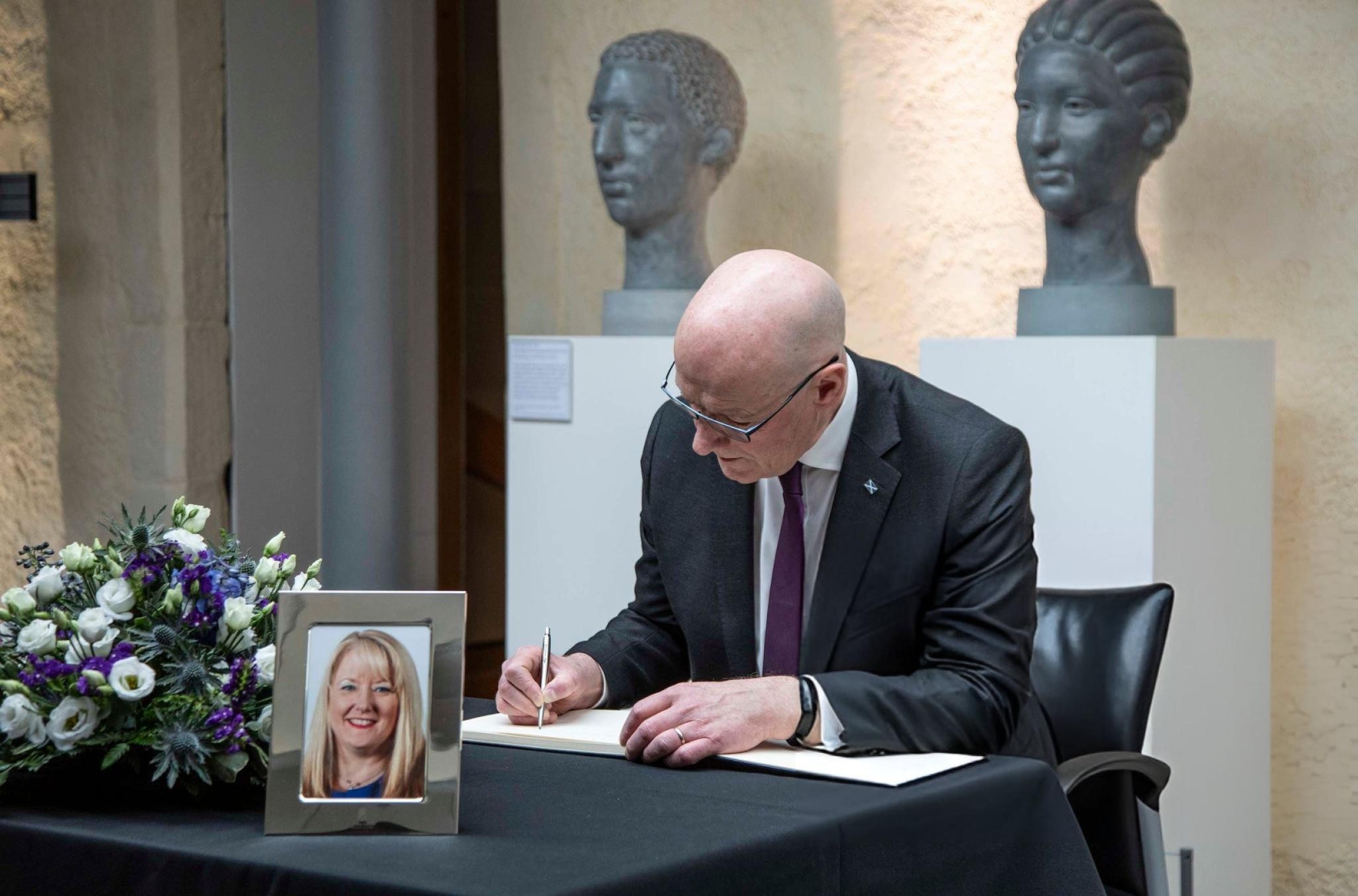Scotland’s First Minister, John Swinney, will place “serious action” to reform the NHS at the centre of his Programme for Government, promising decisive steps to end what he described as the “8am lottery” for GP appointments.
In a flagship statement to Holyrood on Tuesday, Mr Swinney will unveil his Government’s legislative and policy priorities for the year ahead. Foremost among them is the commitment to deliver a “renewed and stronger NHS”, focused on easing access to primary care and reducing systemic pressure.
Speaking during a visit to a GP practice in Dundee ahead of the announcement, Mr Swinney said: “While many people’s experience of their GP is excellent, for many others there is deep frustration over what has been described as the 8am lottery to make appointments. So we will act to reduce pressure and increase capacity in the system, to make it easier for people to get the care they need, when they need it.”
The First Minister, who took the helm a year ago, added: “When I became First Minister, I heard loud and clear people’s concerns about the NHS. The Programme for Government I announce today will take serious action to put the NHS on track to meet the needs of the public.”
The annual statement traditionally comes in September, but Swinney has brought it forward, positioning it a year ahead of the 2026 Holyrood election scheduled for 7 May. The move underscores the urgency Swinney places on demonstrating progress amid widespread public discontent with public services.
Opposition parties have responded with scepticism, questioning the SNP’s record and calling for more focus on pressing domestic challenges.
Scottish Conservative deputy leader Rachael Hamilton accused the Government of being distracted by “fringe obsessions”, urging the First Minister to prioritise what she described as “the real issues affecting ordinary Scots”.
She said: “John Swinney must cut out the wasteful, self-indulgent spending and have a laser-like focus on the priorities of mainstream Scotland. That means tackling classroom violence, mending our crumbling roads, and most importantly, reducing spending on NHS managers so that more resources can go towards frontline care to address GP shortages and the deadly delays in A&E and cancer treatment.”
Labour, meanwhile, accused the SNP of a longstanding pattern of failed promises and missed targets. Party leader Anas Sarwar was unsparing in his criticism, stating: “Like clockwork, headline-grabbing plans are made and abandoned, and ambitious targets are set and missed. For 18 years John Swinney has been at the heart of this failing Government and he cannot pretend otherwise.”
He added: “As the election approaches, the SNP will ramp up the empty promises once again, but Scotland will not forget the record of failure that hangs over John Swinney and his Government.”
The Scottish Greens also weighed in, with co-leader Patrick Harvie urging Swinney to take bold steps to tackle both child poverty and the climate crisis.
“With wildfires tearing through our countryside and climate targets being quietly dropped, we need a government prepared to act, not retreat,” Harvie said. “That means investing in public transport, cutting energy costs for households, and protecting the most vulnerable in our communities.”
As the First Minister prepares to deliver his first major Programme for Government since assuming office, all eyes will be on whether his proposed reforms can restore faith in Scotland’s embattled health service and deliver tangible results before voters head to the polls in just under a year.
Do you want a follow-up opinion piece on the NHS reforms proposed by Swinney?






